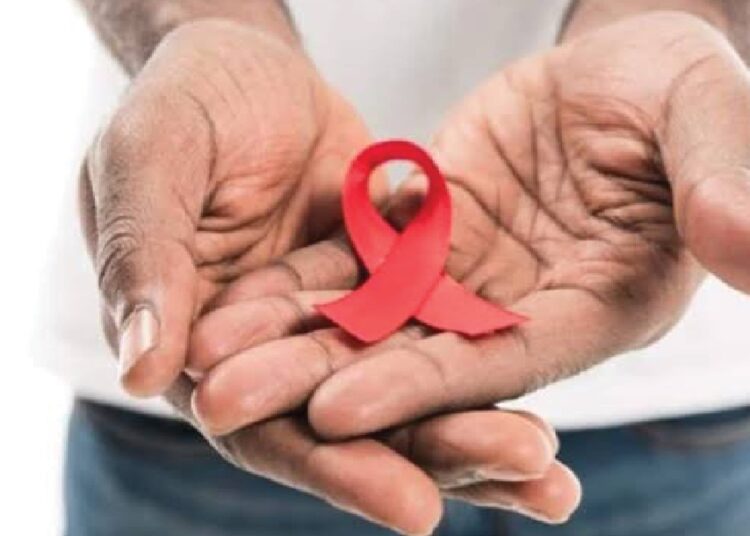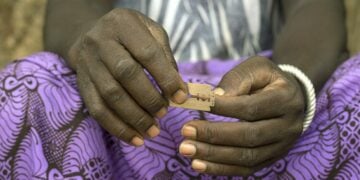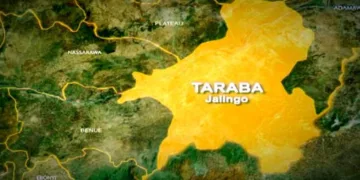The federal government has reaffirmed its commitment to provide all Nigerians free emergency medical treatment within the first 48 hours of any emergency, regardless of location or socioeconomic status.
Director – General of the National Blood Service Commission (NBSC) and member of the National Emergency Technical Committee, Prof. Saleh Yuguda, made this known during a high-level meeting of the National Emergency Medical Services and Ambulance System (NEMSAS) in Abuja.
Prof. Yuguda, who represented the committee chairman, Dr. Ismail Jibril, said the initiative demonstrates the government’s dedication to building a structured and sustainable emergency response system capable of saving lives across the country.
He said NEMSAS was established to cater for emergencies nationwide. Whenever anyone in Nigeria has an emergency, the federal government covers the cost of treatment for the first 48 hours free of charge.
“MEMSAS has been established to cater for emergencies nationwide, and the major role is to take care of the patient of anybody anywhere in the country. Whenever you have any emergency, so the federal government will take care of the treatment within the first 48 hours free of charge, and that’s the main goal of MEMSA
“We want Nigerians to know about this programme and take advantage of it. The services are available in both public and private hospitals nationwide,” Prof. Yuguda said.
The NEMSAS Media Cell was inaugurated during the event, with the aim to enhance public awareness and communication on emergency health services.
Prof. Yuguda emphasised the crucial role of the media, describing it as a key pillar for educating citizens on available life-saving interventions.
The National Programme Manager of NEMSAS, Dr. Emuren Doubra, explained that the programme operationalises the Emergency Medical Treatment (EMT) Gateway under the Basic Healthcare Provision Fund (BHCPF).
He said NEMSAS was designed to unify and standardise emergency services, previously fragmented among private operators, NGOs, and community organizations.
“Without a structured system, emergency medical care becomes inefficient and non-standard. NEMSAS now provides a coordinated framework that ensures vulnerable Nigerians can access life-saving care without upfront payment,” Dr. Doubra stated.
He identified communication gaps, poor functionality of the 112 emergency number, and shortages of health workers as major challenges hindering effective emergency response.
Dr. Doubra called for stronger collaboration with the Nigerian Communications Commission (NCC) and private sector partners to improve communication, access, and response times nationwide.
Also speaking at the event, the Technical Officer for Health Financing and Strategic Partnerships at the World Health Organisation (WHO), Dr. Francis Nwachukwu, underscored the importance of sustainable financing for the success of NEMSAS.
“No health service anywhere can function without adequate financing. NEMSAS fills a critical gap in Nigeria’s healthcare system, and WHO remains committed to supporting government efforts to make it fully functional across all states,” he said.
He commended the Coordinating Minister of Health and Social Welfare, Prof. Muhammad Ali Pate, for prioritising emergency care as a key pillar under the National Health Sector Renewal Investment Programme.
In her remarks, the Executive Director of the International Society of Media in Public Health (ISMPH), Chief Moji Makanjuola, urged journalists to help raise awareness of the emergency care initiative.
“Until Nigerians know that such a life-saving service exists, we cannot maximize its potential. The media must see themselves as partners in saving lives,” she said.





